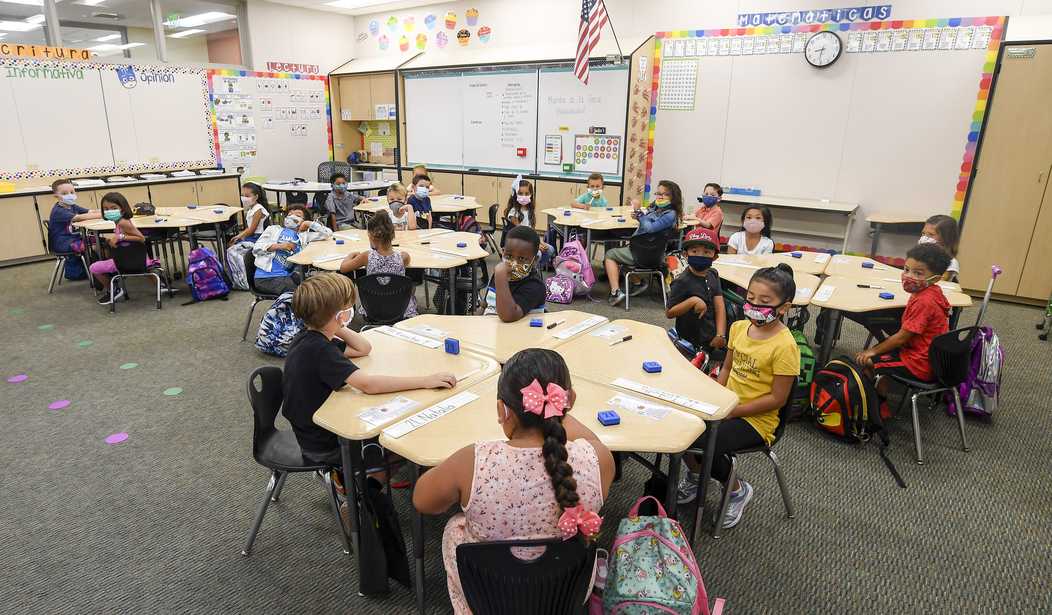Having solved all other problems facing the state, Massachusetts is currently debating legislation to address disruptive student behavior in schools. But unlike other plans that might actually try to remove disruptions, this plan would ban teachers and public school administrators from suspending or expelling students. The ban wouldn't apply to all students, or at least not yet. It would apply to children in kindergarten through third grade. The legislation is being supported by "education and racial justice advocates," while actual school administrators are aghast. (Boston Globe)
“Quite simply, our students can’t learn if they are not in the classroom,” Leon Smith [Executive Director of Citizens for Juvenile Justice] said.
The issue now stands before lawmakers.
Legislation filed in the Massachusetts House that would prohibit the use of suspensions and expulsions on pre-K through Grade 3 students advanced out of the education committee earlier this year, a move celebrated by education and racial justice advocates. The Massachusetts Association of School Superintendents, however, is opposed to the bill, arguing school administrators require flexibility when doling out discipline.
I'm clearly out of the loop on this issue because the first question that crossed my mind was how often children in pre-K through third grade were engaging in behavior disruptive enough to merit a suspension or anything worse than sitting in the corner for "time out" for a bit. We've known for some time now that gangs in various cities have been recruiting new members as young as 13 or 14, but we're talking about kids that are between the ages of four and seven or eight.
To my amazement, it's been happening in Massachusetts far more than I would have guessed. Pre-K through third-grade students were suspended from school for 2,804 days during the 2022-23 school year. Third-graders accounted for more than one-third of the days of suspension. During the 2018-19 school year, prior to the pandemic, there were more than 4,900 days of suspension in the same age range. Perhaps more alarmingly, children with disabilities accounted for nearly 50 percent of the early-grade suspensions, so perhaps there is a problem here that requires attention.
However, if we are to accept the fact that so many children are misbehaving to that level and they ban the choice to suspend them, what are the other options? Simply accepting disruptive behavior isn't any sort of answer because then none of the children will be receiving an education. Also, you'll be setting an example telling the rest of the children that they can run wild as well. Remedial education classrooms separate from the "normal" classes may be required.
It turns out that Massachusetts won't be the first state to do this if the measure passes. Ohio, Vermont, and Maryland have already banned suspensions for the youngest students. On a more local level, Boston already enacted such a ban in 2018. Does that help at all? Massachusetts is already suffering from an epidemic of school children who are advancing through grade levels without being able to read or do math proficiently. That situation has only worsened since the pandemic. Clearly something isn't working.
The public education system feels like it's running into a brick wall at this point. Excessive truancy is on the rise across most of the country. Dropout rates are increasing. If you're not allowed to suspend children and you're not allowed to hold them back when they receive failing grades, is there really a point in forcing them to go to school unless the families are highly motivated to drive them toward success? Otherwise, the public schools are little more than a collection of glorified babysitters as many of us were already beginning to suspect.








Join the conversation as a VIP Member